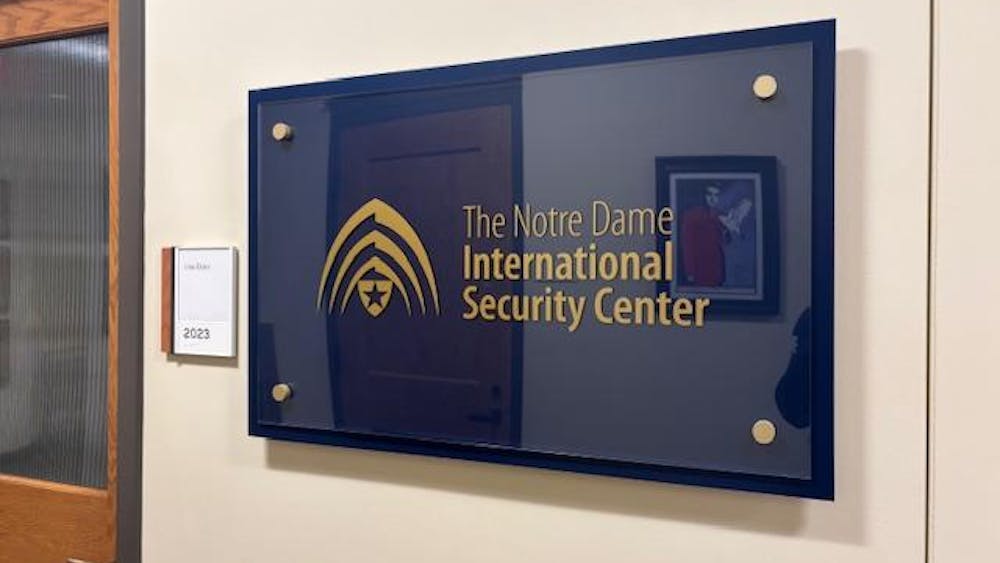With the re-election of President Donald Trump this past November, the H-1B visa program and its effects on American workers has become a renewed topic of discussion. In interviews with The Observer, Notre Dame professors provided insights into this topic.
The H-1B program was introduced in 1990 under the George H. W. Bush administration and allows employers to hire nonimmigrant aliens as skilled workers. Luis Fraga, a professor in the Department of Political Science who specializes in American politics and immigration at Notre Dame, highlighted the evolving role of H-1B.
“As the program has evolved, it has been a way for companies, universities, hospitals and many other major institutional employers to access the qualified workforce they need to do their work,” Fraga said. “It tends to be for people of higher education and higher skill.”
Among these institutional employers of H-1B workers is the University of Notre Dame. According to the Notre Dame International Student and Scholar Affairs website, “H-1B employees manage dynamic research, lead powerful conversations in the classroom and bring rich perspectives to a variety of units on campus.”
“Universities are always aware of the H1B visa program, especially as universities have tried to become, as we have here at Notre Dame, more global,” Fraga said.
While employers must generally prove the absence of available, qualified US workers before utilizing H-1B visas, anxieties surrounding the use of foreign labor through the program persist, Fraga noted.
“Skepticism, in my view, is largely driven by concern that US citizens will be overlooked,” he said. “It’s possible a person wasn’t found in a particular employment cycle … but there might be an American citizen in the subsequent year. But if the [H-1B employee] is given a multi-year contract, then that person would have priority.”
Despite criticism, however, proponents of the program continue to cite its benefits. The current cap for H-1B visas is just 65,000, and Eva Dziadula, a teaching professor in the Department of Economics, points out the need for skilled and talented employees.
“There’s a lot of companies that want talented people from across the world to be able to work for them,” Dziadula said. “And that really is the point of these high-skilled visas. They’re not meant and have never been shown to take jobs away from [Americans]. They’re complimentary.”
Pulling from his experience working with companies like Microsoft and Amazon as an administrator at the University of Washington, Fraga noted their support of the H-1B program.
“Leaders of those companies used to say that they could not do their work were it not for the H-1B visa recipients … we didn’t produce enough computer science engineers to meet their needs and demands,” Fraga said. “The H-1B visa program was the way that they were able to survive.”
As for the future of H-1B, Fraga expressed uncertainty, but noted tech companies who supported President Trump in his 2024 bid benefit significantly from the H-1B program.
“It is reported in the press that high tech companies … were very supportive of President Trump,” Fraga said. “It’ll be interesting to see how they position themselves here and how the Trump administration positions itself on the H-1B visa program.”









